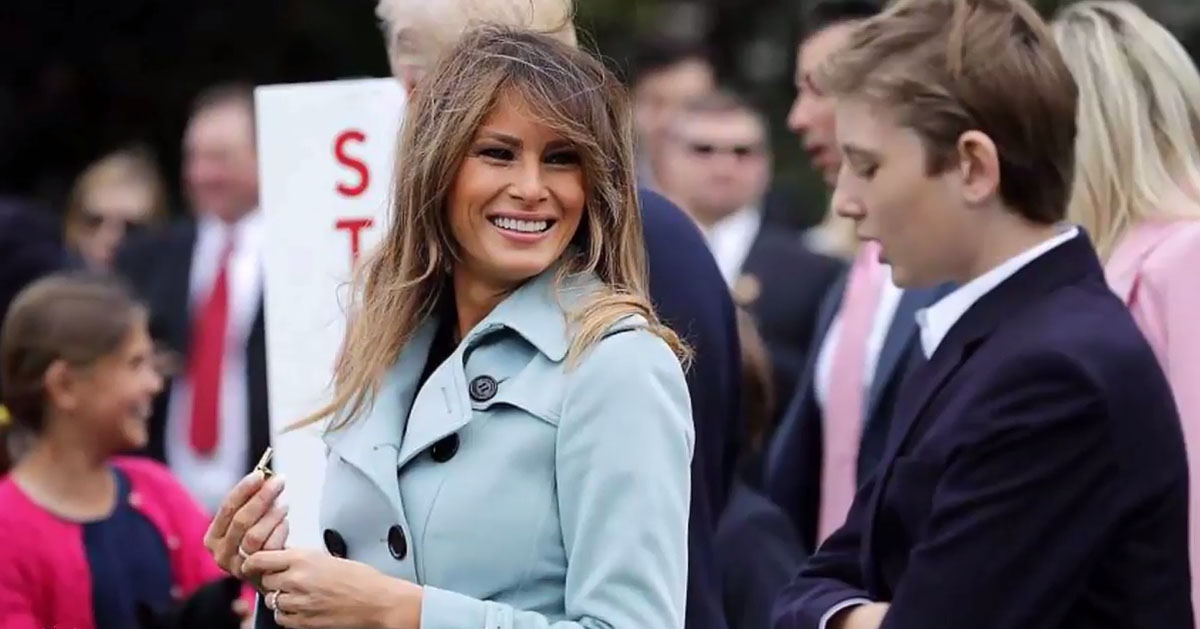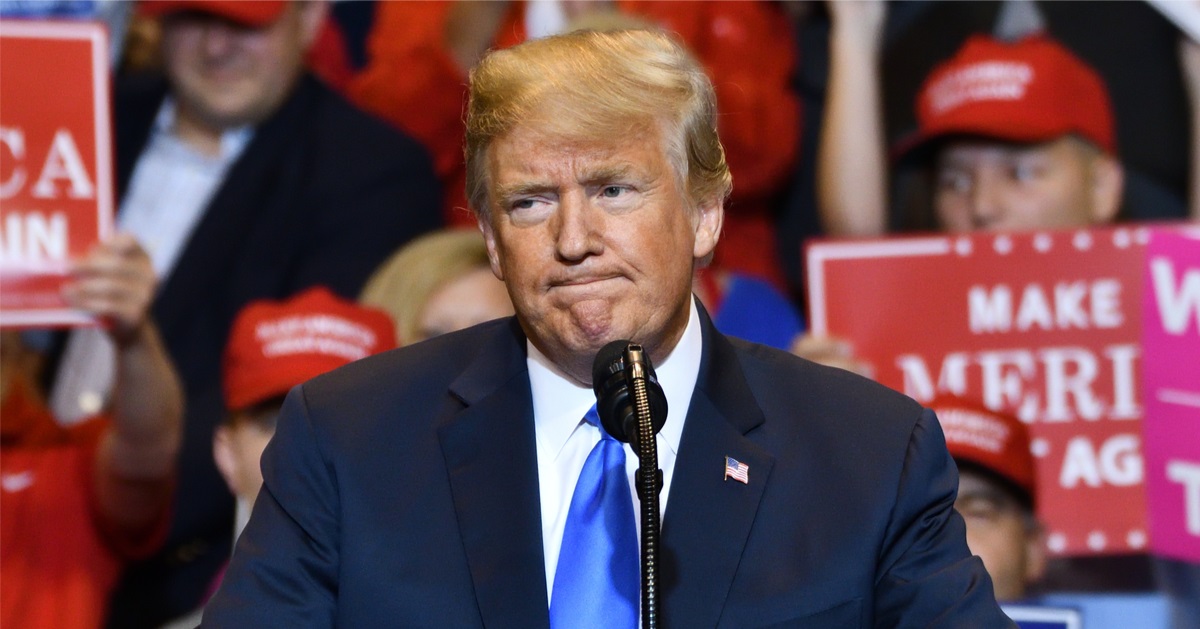Wisconsin judges reject Dem AG's lawsuit to block Musk's petition against 'activist judges' backed with $1 million giveaway
Tech billionaire Elon Musk launched a petition drive and $1 million giveaway to indirectly encourage voter turnout ahead of Tuesday's special election to fill a vacancy on the Wisconsin Supreme Court, and the state's Democratic attorney general filed a lawsuit on Friday to block Musk's plans.
However, a county circuit judge rejected that suit on Saturday, meaning Musk could proceed with a petition-related event on Sunday, The Hill reported.
Democrats have angrily asserted that Musk's petition against "activist judges," and his promise to award two signers with $1 million each to be "spokespeople" for the effort, is an illegal violation of Wisconsin's law against paying voters to cast votes or not or to vote one way or another.
Musk's petition drive and $2 million giveaway
On Friday, in a since-deleted X post, Musk wrote, "On Sunday night, I will give a talk in Wisconsin. Entrance is limited to those who have voted in the Supreme Court election. I will also personally hand over two checks for a million dollars each in appreciation for you taking the time to vote. This is super important."
That post fueled the Democratic claims that Musk was attempting to illegally buy votes in support of the Republican-backed candidate in Tuesday's race, Judge Brad Schimel, which appears to have prompted the deletion and a subsequent clarification.
Musk posted Friday afternoon, "On Sunday night, I will give a talk in Wisconsin. "To clarify a previous post, entrance is limited to those who have signed the petition in opposition to activist judges. I will also hand over checks for a million dollars to two people to be spokesmen for the petition."
Lawsuit dismissed by judge
In response to Musk's post about the Sunday event and the broader petition drive, The Hill reported that Democratic Wisconsin Attorney General Josh Kaul filed a lawsuit seeking a temporary restraining order or injunction to block the planned event.
"The Wisconsin Department of Justice is committed to ensuring that elections in Wisconsin are safe, secure, free, and fair," Kaul said in a statement. "We are aware of the offer recently posted by Elon Musk to award a million dollars to two people at an event in Wisconsin this weekend. Based on our understanding of applicable Wisconsin law, we intend to take legal action today to seek a court order to stop this from happening."
Ironically, the case was randomly assigned to Judge Susan Crawford, the Democrat-backed candidate in Tuesday's judicial race, but she appropriately recused herself from the matter and it was immediately reassigned to Columbia County Circuit Court Judge Andrew Voight, who promptly dismissed the lawsuit on Saturday.
Rejected a second time in the same day
According to the Milwaukee Journal Sentinel, AG Kaul wasted no time in immediately appealing Judge Voight's dismissal of his suit against Musk, but his luck did not improve.
Almost immediately after receiving the appeal, a three-judge panel similarly rejected it without taking action to stop Musk's planned rally and giveaway of $2 million to lucky petition signers.
The reason for the panel's rejection, per the brief order they issued, was that Kaul failed to follow proper procedures in filing the appeal, which compelled them to reject it.
Kaul filed appeal with Supreme Court
The Associated Press reported Sunday morning that AG Kaul further appealed the rejection of his lawsuit against Musk by the two lower courts to the Wisconsin Supreme Court, in which he argued in the filing seeking emergency relief, "Wisconsin law prohibits offering anything of value to induce anyone to vote. Yet, Elon Musk did just that."
Except, technically, Musk is offering payments to Wisconsin voters not to induce them to vote but rather to sign and promote a petition, and it remains to be seen whether the high court will intervene to stop that just hours before the event transpires.





